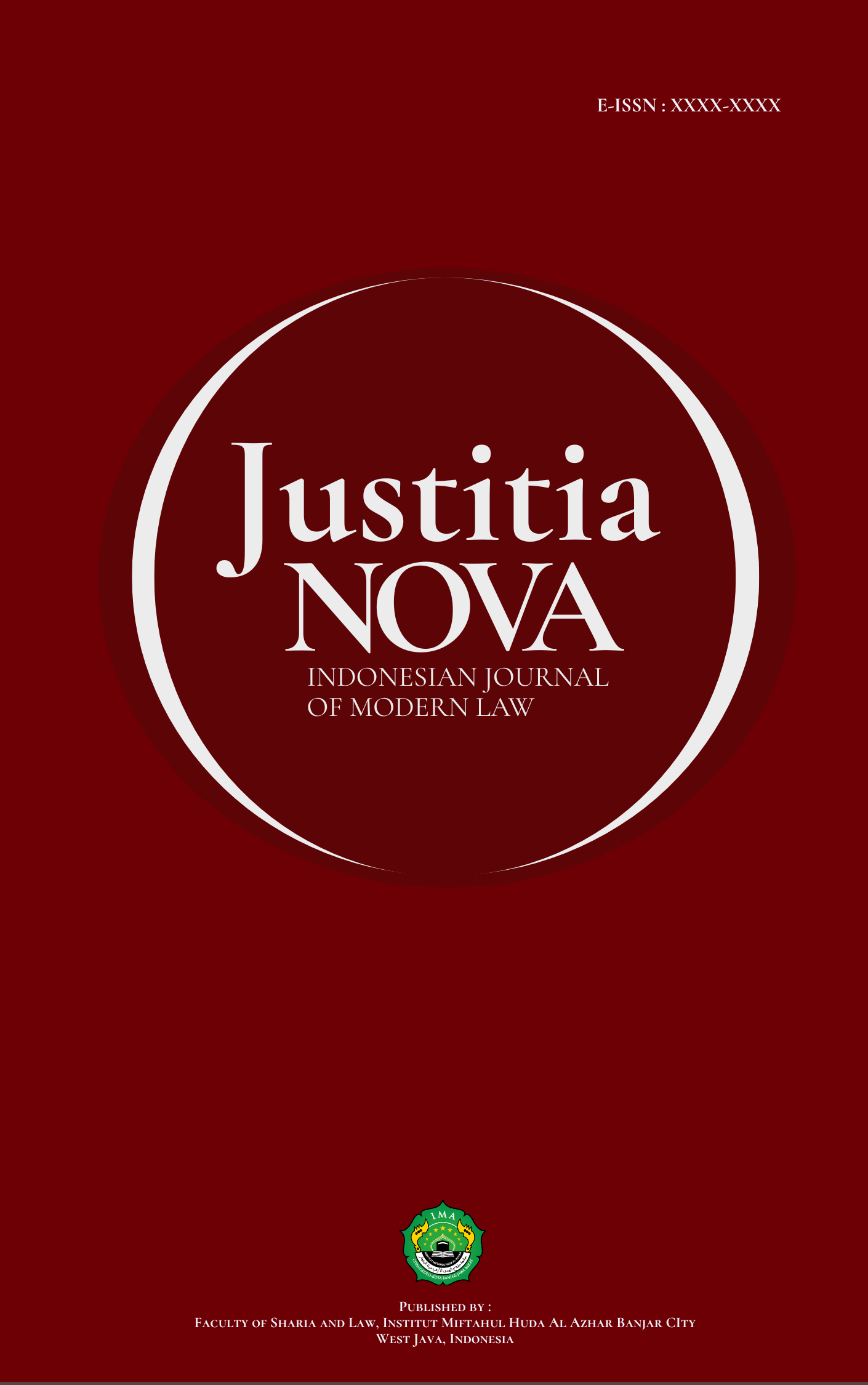Reconstructing Usul Fiqh and Islamic Family Law for Environmental Justice in the Global South
Main Article Content
Abstract
Climate change poses significant challenges globally, particularly for countries in the Global South, which experience disproportionate environmental and social impacts despite contributing minimally to greenhouse gas emissions. This article explores environmental justice through the lens of Sharia by reconstructing usul fiqh (Islamic jurisprudence principles) and Islamic family law to build climate-resilient societies in the Global South. Emphasizing maqasid al-shariah (the objectives of Islamic law), this study examines how concepts such as maslahah (public interest), dar’ al-mafasid (prevention of harm), and hifz al-bi’ah (environmental preservation) can be integrated into the reform of family law to address ecological challenges. Using normative and contextual approaches, the article proposes a legal framework grounded in Islamic principles that promotes social and environmental sustainability. This framework aims to strengthen community resilience by aligning religious legal norms with the urgent need for climate justice, thus contributing to a holistic and adaptive Islamic legal response to environmental crises in Muslim-majority countries of the Global South.
